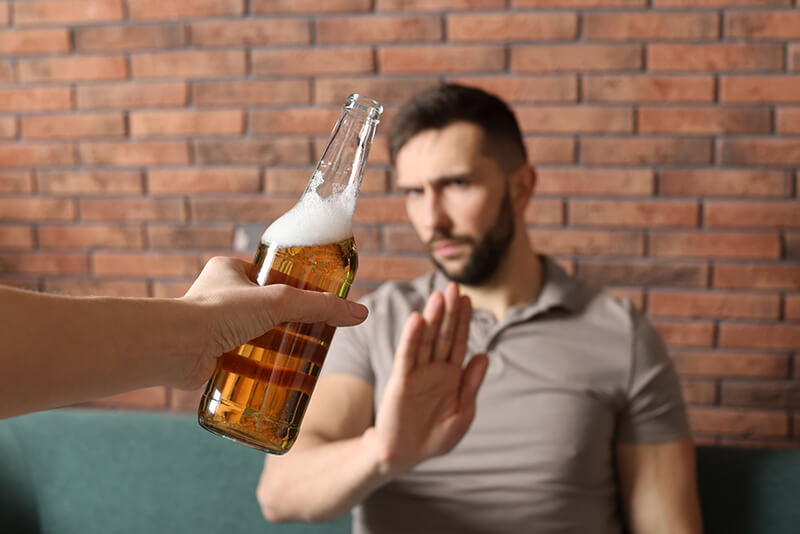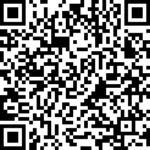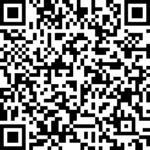Picture this. You are at a party and someone hands you a drink. Instead of autopilot-kicking in, you pause. For the first time, that craving feels optional. It feels like a song that you used to love but now skip. What’s changed? Your brain.
The best part? You don’t need super strength willpower to make this shift. What you do need is an understanding of how your brain’s “craving circuit” works and how you can rewire it. Sounds good? Then let’s take a look.
Your brain loves efficiency. When you repeat a behavior, like reaching for a drink when stressed, it carves a neural shortcut to save energy. Then, over a period of time, that shortcut becomes a highway. That means that cravings are just your brain taking a familiar route.
However, your brain is a lifelong learner which means that you can reroute those highways. It’s like updating your smartphones GPS, “Hey Siri, let’s avoid the beer aisle today.”


Speaking the Language of the Unconscious
The way to achieve this is to talk directly to your unconscious mind. Because if you’ve ever tried reasoning with a craving, you’ll probably have found it’s like arguing with a toddler mid-tantrum. Your unconscious mind doesn’t respond to logic. Its language is all about feelings, images, and emotions. And that’s why hypnotherapy is useful because hypnotic language patterns and guided imagery appeal to the nature of your unconscious.
Imagine a calming voice guiding you to visualize a stressful moment without needing a drink and feeling calm anyway. Repeat this, and your brain starts believing, “Oh, we don’t need a wine to unwind. Cool.”
So, the application of hypnosis is valuable along with journaling your way to awareness. Because cravings have a habit of thriving in the dark. But what you can do is to shine the light of day on them by using reflective journaling, which brings them into your conscious awareness.
It’s like detective work. The more you notice patterns (“Oh, I always crave a drink after Zoom calls”), the easier it is to disrupt and change them.

Try asking yourself a question like: “What was I feeling right before I wanted a drink?”

Resetting with Movement
Then you can also use movement to reset your brain because stress is like jet fuel for cravings. And when cortisol spikes, your brain literally shouts, “Quick, fix this!” and that’s often with alcohol. Moving your body interrupts that pattern. A yoga flow, a walk, a jog, a dance or even a stretch tells your brain, “I hear you and we’re handling stress this way now.”
And of course, moving your body releases feel-good endorphins. So, it’s a win-win.
What’s the takeaway? It’s that small shifts = big changes.
Reprogramming your brain isn’t about an overnight overhaul. It’s about making small, consistent adjustments. Maybe swapping wine for a herbal tea on Wednesday nights. Maybe taking three conscious, deep breaths before deciding whether or not to say “yes” to a drink. Making choices that weaken old cravings and strengthen new highways.
Your brain is ready to learn. What could it create with a little guidance?
After all, why let old habits drive when you can take the wheel?
Curious, head over to the Unconscious Moderation app and try a session.




